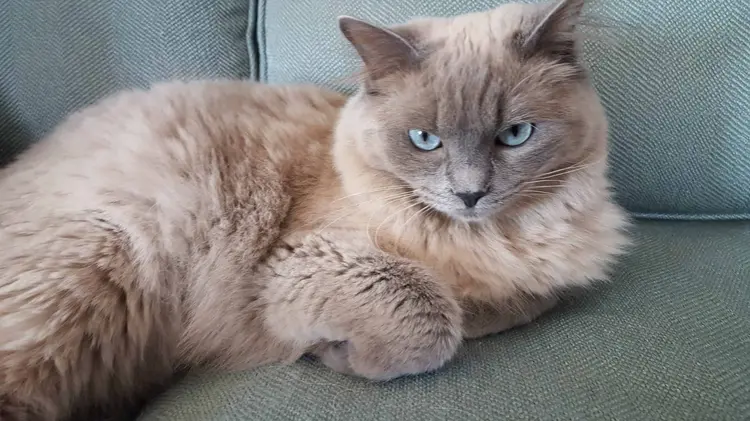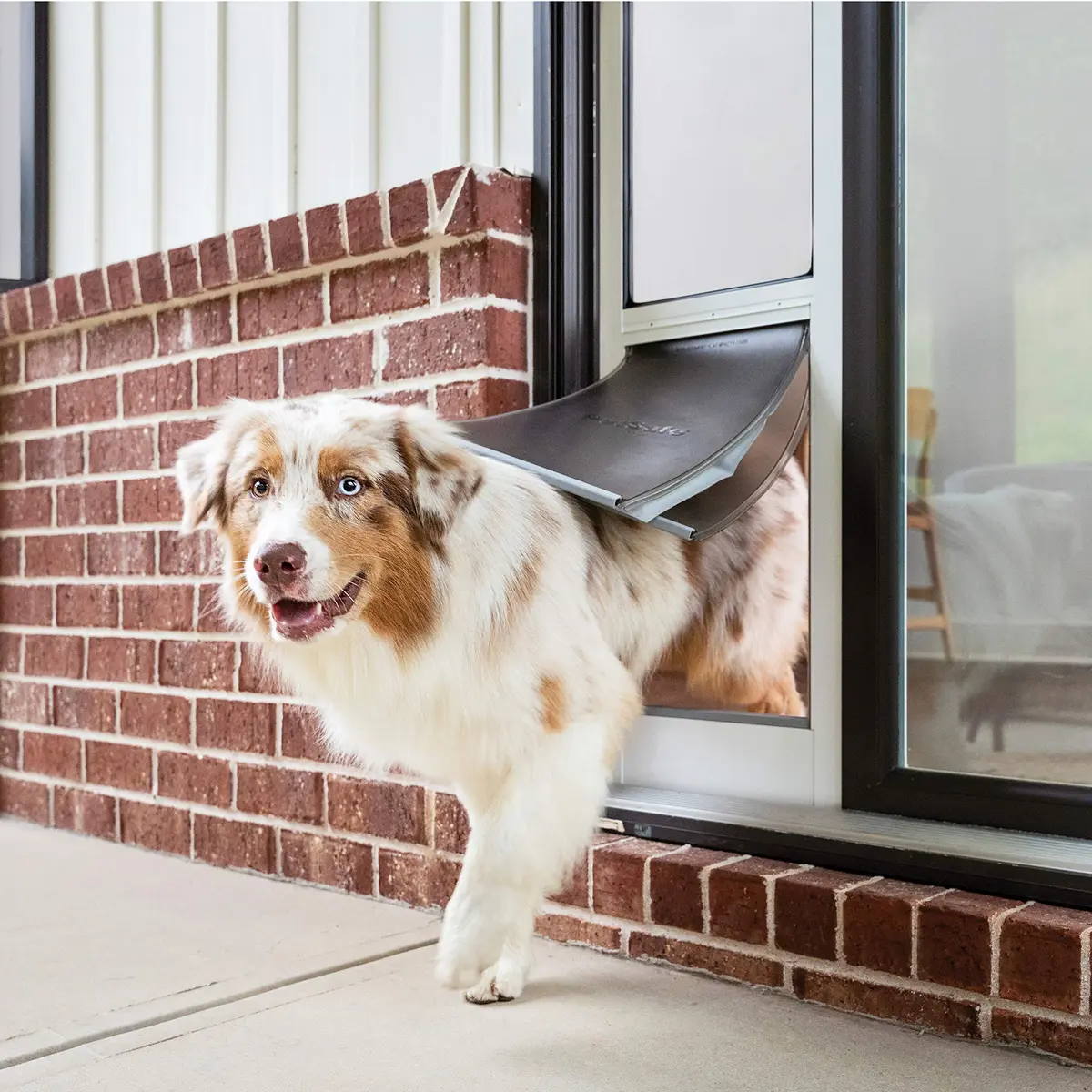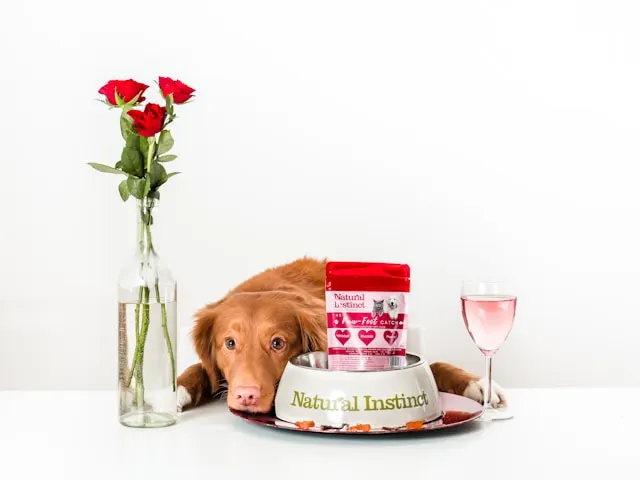If you’re a cat lover searching for a unique feline companion, the Mink Cat might have caught your eye. Known for their luxurious, velvety fur and striking eye colors, Mink Cats are a rare variety of the Burmese or Tonkinese breeds. Their coat isn’t just soft; it’s also rich in color, ranging from deep blues to warm chocolates. While their beauty is undeniable, it’s important to learn about their care needs, health considerations, and how to provide eco-friendly care for your new Mink Cat companion.
In this guide, we’ll explore what makes Mink Cats so special, practical tips for eco-conscious care, and some considerations for potential owners.
What Makes a Mink Cat?
First, let’s clarify what a Mink Cat is. Mink refers to a specific coat pattern and color in cats rather than a distinct breed. It’s most commonly found in Burmese and Tonkinese cats, although other breeds can also have this characteristic. Mink Cats typically have a soft, velvety coat and beautiful eyes that range from aqua to green, which gives them an exotic and captivating look.
Mink Cats inherit their coat from a specific genetic combination of the Siamese and Burmese color points. The result is a striking, almost shimmery fur texture that makes them stand out from other cats.
Personality Traits of Mink Cats
Mink Cats are not just beautiful; they’re also known for their endearing personalities. They’re often described as affectionate, playful, and intelligent. If you’re looking for a cat who will engage in interactive play and be a loving companion, Mink Cats are a perfect fit. Their loyal nature means they tend to form strong bonds with their human family members.
While they’re playful, Mink Cats aren’t as high-energy as some other breeds. They enjoy lounging around the house, making them great for both active and more relaxed households. Additionally, they are highly adaptable, meaning they will thrive in various living environments, from spacious homes to cozy apartments.
Health Considerations
As with any breed, Mink Cats have certain health considerations to keep in mind. They tend to have robust immune systems but are still prone to common cat health issues like dental disease, obesity, and upper respiratory infections if not properly cared for. Regular vet check-ups, a balanced diet, and routine dental care can help keep your Mink Cat healthy throughout their life.
It’s also important to keep them mentally stimulated. Mink Cats are intelligent and can become bored easily, leading to potential behavior issues. Ensure they have plenty of toys, puzzles, and activities to keep their minds engaged.
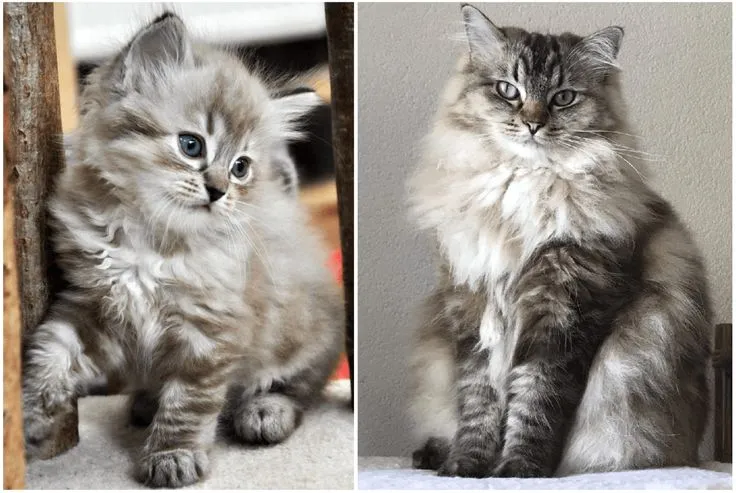
Eco-Friendly Care Tips for Your Mink Cat
Caring for your Mink Cat in an eco-friendly way isn’t just about sustainability—it’s about ensuring they live a happy, healthy life while minimizing harm to the planet. Here are some practical, earth-friendly tips:
1. Sustainable Cat Food Choices
Choosing eco-friendly cat food for your Mink Cat is one of the most impactful decisions you can make. Look for organic, ethically sourced, or sustainably farmed pet foods. Some companies focus on reducing their carbon footprint by using local ingredients or eco-conscious packaging.
You can also consider making your own homemade cat food, using locally sourced ingredients like organic chicken or fish. Just make sure to consult your vet to ensure your homemade diet meets all your cat’s nutritional needs.
2. Natural and Recyclable Cat Toys
Cats love to play, and Mink Cats, with their curious and playful nature, are no exception. Instead of purchasing mass-produced plastic toys, opt for toys made from natural materials like hemp, wool, or cotton. Many eco-friendly companies produce toys from recycled materials or packaging that can be composted.
You can also get creative by making your own toys. An old cardboard box, wine cork, or crumpled paper can provide hours of entertainment for your Mink Cat without contributing to landfill waste.
3. Eco-Friendly Cat Litter
Traditional clay-based litters are often strip-mined, which can have devastating environmental impacts. Instead, choose biodegradable or recyclable cat litter made from materials like corn, wheat, or recycled newspaper. These litters break down more easily, reducing waste in landfills and lowering your cat’s environmental pawprint.
4. Sustainable Grooming Practices
Mink Cats, with their velvety fur, don’t require extensive grooming, but regular brushing will help keep their coat healthy and reduce shedding. For a truly eco-friendly approach, use grooming brushes made from bamboo or recycled materials.
When it comes to shampooing, opt for natural, biodegradable pet shampoos. These products avoid harmful chemicals that can negatively impact both your cat’s health and the environment when they are washed down the drain.
5. Adopt, Don’t Shop
If you’re considering bringing a Mink Cat into your home, always choose adoption over purchasing from breeders. Many shelters and rescues have beautiful, mixed-breed cats, including some with the coveted mink coat. By adopting, you give a deserving animal a home and avoid supporting commercial breeding, which can sometimes contribute to overpopulation and poor treatment of animals.
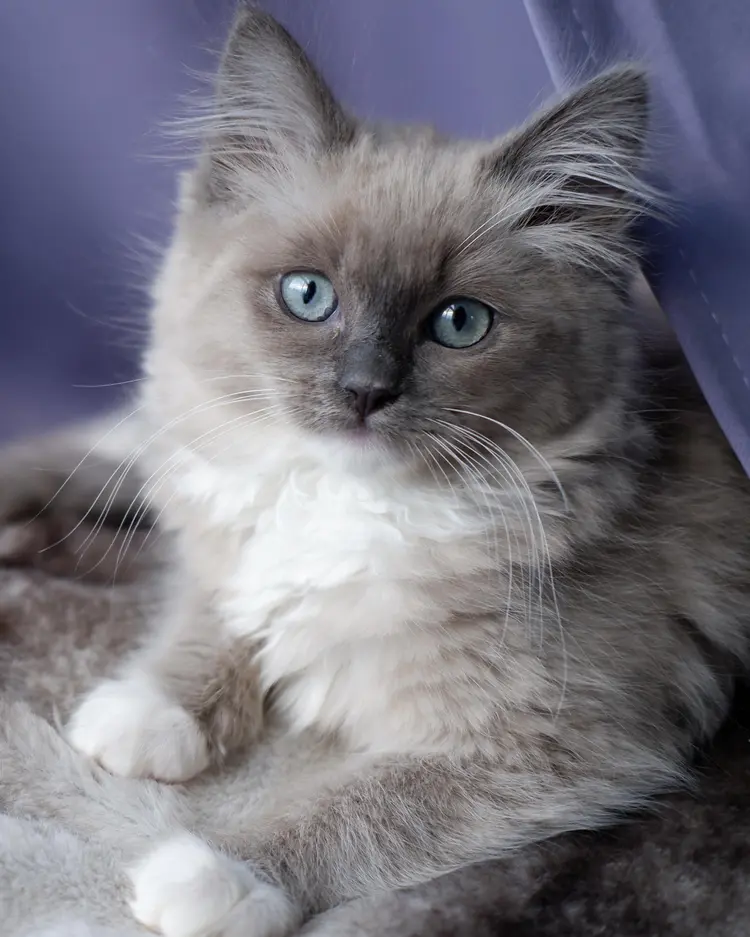
Things to Consider Before Adopting a Mink Cat
Mink Cats are wonderful companions, but like any breed, they come with their own set of challenges.
1. High Maintenance in Some Areas
While Mink Cats don’t require a lot of grooming, their sensitive coat and skin may need extra attention. Regular brushing helps, but some owners have reported that these cats can be prone to allergies or sensitive skin, requiring hypoallergenic or specialized products.
2. Potential Behavior Issues
Mink Cats are intelligent and active, which is a double-edged sword. If not given enough stimulation or attention, they can become bored, leading to undesirable behaviors like scratching furniture or vocalizing excessively. Providing plenty of toys, climbing trees, and attention will keep them happy.
3. Finding the Right Vet
Not all vets may be familiar with the specific care needs of Mink Cats. It’s important to find a veterinarian who understands the breed and its particular requirements, including how to manage potential allergies and other sensitivities.
Mink Cats make exceptional companions with their striking appearance, engaging personalities, and adaptable nature. By taking a sustainable approach to their care, you’ll not only provide them with a long, happy life but also reduce your environmental impact. From choosing eco-friendly cat food to adopting rather than shopping, there are numerous ways to be a responsible and eco-conscious Mink Cat owner.
So if you’re ready to welcome a Mink Cat into your life, be sure to make environmentally friendly choices for their care. After all, what’s better than a luxurious kitty lounging on your lap while knowing you’re doing your part for the planet?

